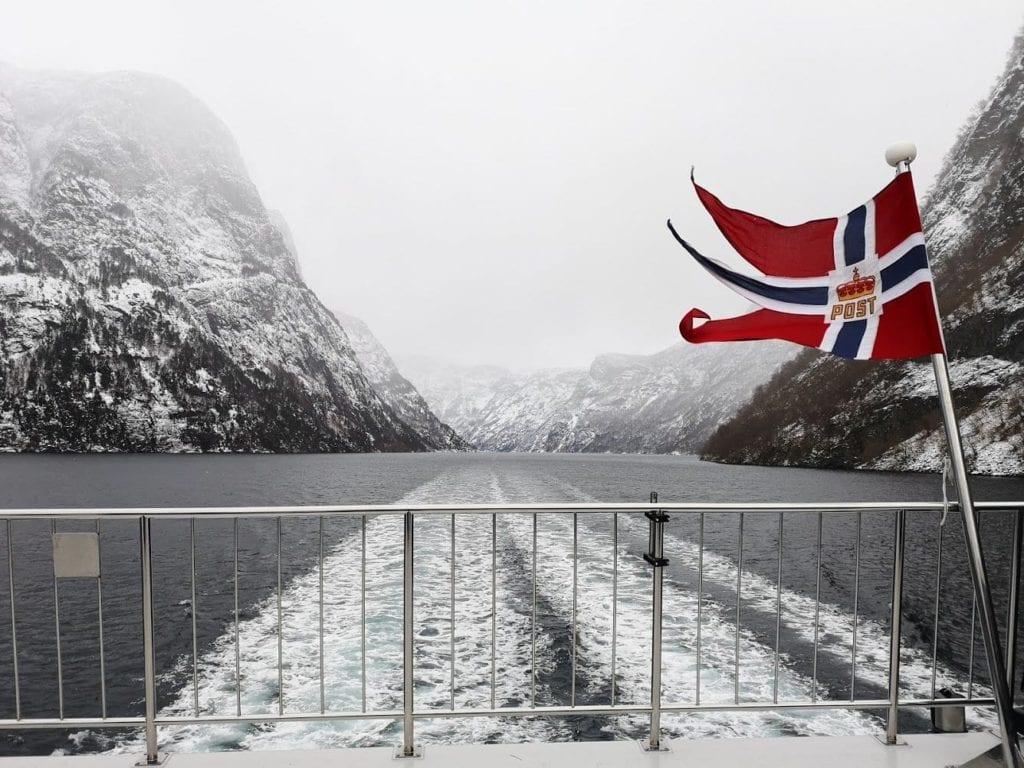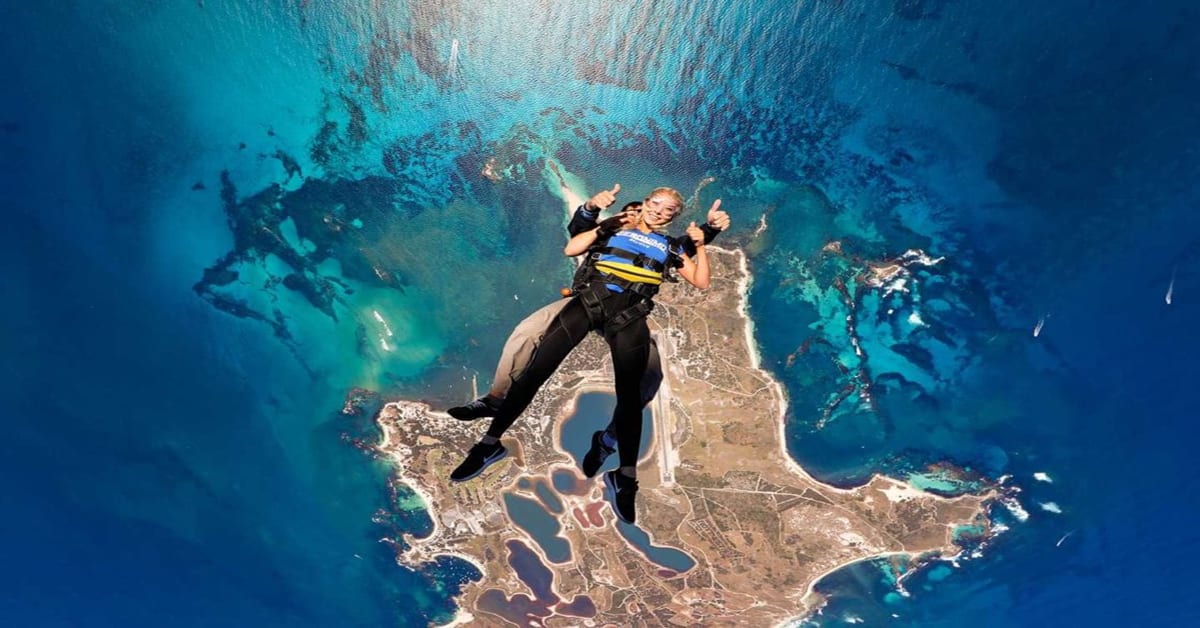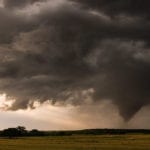Click! Click! Click!
I bet the camera’s sound is what reigns in any parts of the world when its summer vacations or any holidays. It’s that season again, a time when the airports are filled with people, making the halls as their runway stage, pulling their colorful suitcases and flexing their taste on fashion by wearing their OOTDs. Some are traveling alone, some are with their friends and some are with their families. Different stories, different journeys, different destinations but there’s one thing that common to them all, it’s tourism: Traveling to different places to visit a piece of nature.

All different parts of the world have their own gift of nature. From skies to seas, each fascinating feature acts like a magnet that attracts people. We can’t deny that we’re sometimes left in awe especially when we witnessed the beauty via first-hand, and this is the reason why people kept on coming back to visit the different parts of the world. Aside from making people fall in love with the magnificence, nature also generates income that helps society. The money spent by people just in seeing a piece of nature’s artwork is enough to be benefited by the community. So, in order to seduce more people to, beautification and improvement takes place. This is tourism.
What is Tourism?
According to the United Nations Tourism World Organization, “tourism is a social, cultural and economic phenomenon which entails the movement of people to countries or places outside their usual environment for personal or business purposes. These people are called visitors (which may be either tourists or excursionists; residents or non-residents) and tourism has to do with their activities, some of which involve tourism expenditure.”
Undeniably, tourism plays a vital role for the economy. According to Kshitiz Thakur of Market Width Blog, “tourism contributes towards complete growth and development of a country: one, by bringing numerous economic value & benefits; and, second, helping in build country’s brand value, image & identity.”
Tourism makes employment. It generates income for local businesses, and exposes an unknown place to become popular worldwide. We cannot count how many benefits we are profiting from our tourism. But since we just know that we gain something from it, we just let it continue to operate without knowing that some party is already hurt, and this is our nature.
Intertwined with the benefits that it causes, comes also the detriments that we often ignore because were not affected by it on the firsthand basis. The darker side of tourism starts with greed. Since we people have the attitude that we will do whatever it takes to get what we want, we tend to exert our utmost efforts, concentrating on our journey and mind focused on the goal. Also, we remove any distractions that we may encounter because were eager to achieve that certain goal. I don’t see any problem with working hard to achieve the outcome that we desire, but if it already makes us selfish, then there a lot of things that we should work out.
Harms brought by Tourism
We can say that environment is the heart of tourism. This is one of the very important reasons why people are willing to travel miles ways just to enjoy the gift of nature in other locations. Sadly, tourism damages in nature. According to Dr, Hailey Stainton from the Tourism Teacher website, there are numerous ways on how tourism afflicts our nature
- Depletion of Natural resources – Due to the rising amount of tourists, it also puts a lot of pressure on providing resources to also accommodate their needs.
1. Water Resources– Hot tourist spots places use a lot of water for hotels, pools, and for tourists’ personal use. This causes water shortages from the local supplies and it also generates a lot of wastewater. Imagine where they will dispose it all after.
2. Land Degradation – To complete satisfy more the tourists’ desire, providing them scenic landscape and good accommodation are what tourism do. A large portion of land or maybe even the forest is sacrificed just to build tourism infrastructures. It just not harms the ecosystem, but also displaces animals and stealing their food source. These wonderful creatures are innocent, imagine the feeling of completely losing the home and the food source you have for how many years then it just vanished at the snap of the time.
3. Local Resources – To completely grant beautiful experiences for the tourist, the locals do their best to supply the demands that tourists need. Since the population of tourist is increasing, supplying resources also doubles. This means that a greater extraction from raw materials is the best way. Then think about it, where do these raw materials come from? They came from our nature. So ironic because it’s as if were exploiting out nature- the provider of our basic needs just to please these tourists.
- Pollution– this is a very common term for everyone already. It is when we leave large and evident wastes to our different bodies of land, air, and water.
1. Air and noise pollution– The amount of carbon footprint behind people’s travel both on land and air is a huge matter. This large amount of emission even contributes a lot to climate change. It makes our world constantly heating, resulting in wildfires and the extensive melting of ice caps which is a true danger if it still continues. Noise pollution from the crafts use on transportation causes a lot of stress to both humans and animals. It also leads to hearing loss or even causes annoyance for both parties.
2. Solid waste and Littering– This kind of pollution is such an inevitable phenomenon that we cannot deny. Inclined with the rising number of tourists is also the rising amount of waste and litter production. If it is too much to handle, waste disposal becomes a serious problem. This results to finding another location to dispose our waste, and often we are already shocked when our litter ended up on some bodies of land and water, thus disrupt our environment. One evident is the number of waste mountain climbers leave during mountain climbing. In fact, due to the rising temperature, the melting ice portion of Mt. Everest revealed the trashes left behind by the climbers.
3. Sewage- Unfortunately, large bodies of water tend to become a convenient place where factories throw their waste. This sewage not only dangers the source of water, but also the marine lives living on it and the people who use this as a source of food and water. In addition, large oil spills to the ocean become a normal scenario today. I really hope that this should be addressed seriously because even though the ocean is wide and bottomless, there will come a time the ocean already had enough.
These are only some environmental damages caused by tourism. It’s both good and bad. Good because it gives life to local communities and bad because it harms the environment. However, I am not saying that in order to save nature, we will boycott tourism. In fact, there are sustainable ways where both tourism and nature nourish at the same time.
Sustainable Tourism
According to the World Tourism Organization, sustainable tourism is “Tourism that takes full account of its current and future economic, social and environmental impacts, addressing the needs of visitors, the industry, the environment, and host communities”. They also added that sustainable tourism should:
“1) Make optimal use of environmental resources that constitute a key element in tourism development, maintaining essential ecological processes, and helping to conserve natural heritage and biodiversity.
2) Respect the socio-cultural authenticity of host communities, conserve their built and living cultural heritage and traditional values, and contribute to inter-cultural understanding and tolerance.
3) Ensure viable, long-term economic operations, providing socio-economic benefits to all stakeholders that are fairly distributed, including stable employment and income-earning opportunities and social services to host communities, and contributing to poverty alleviation.”
With the presented conditions above, this could be an effective solution for the betterment of both the tourism industry and nature. Here’s the list of some sustainable tourism practices worldwide:
1. Controlled tourism in Bhutan – Bhutan strictly follows their principle “high value, low impact”. They limit the number of tourists that they can accommodate so that it will not bring too many changes to their country. They enforce strict entry requirements and tariffs, and these will be used for their maintenance.
2. A solar-powered resort in Fiji – A resort in this Fiji maximizes the use of solar energy, equipped with rainwater capture, and do have their on-site water filtration to reduce the use of single-use plastic bottles. They also try to be low-waste as possible by recycling, composting, and growing their own food.
3. Conservation ‘Voluntouring’ in Belize – A tourism operator based in the UK, namely Responsible Travel, encourages travelers to be more responsible for their travel decision via online content and organizing sustainable and ethical holiday packages. Tourists are offered to “join a team of local conservationists and experts as part of a volunteer group working 5 days a week in the rain forests of Belize.” Whereas the activities or “voluntourism” done are ethical and respects the locals, animals, and the environment.
Conclusion
Tourism is a beautiful part of any country’s economy. But this industry should be regulated to preserve the natural beauty of the places visited.
We at the Zero Waste Lifestyle System hope that this article will serve as a guide for both tourists and tourism businesses alike. It is of outmost necessity to learn how to generate income from tourism without harming nature. The environment is the “ace” card of the tourism industry. If we just continue to exploit it, and then there will be a time when we’ll have to lose both, tourism and nature, and this means more suffering. Since nature can’t adjust for us and us people have the brains to develop solutions to address problems, and then let’s maximize it in a good way. Let’s make traveling better for everyone – by respecting nature.




